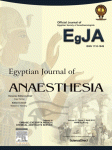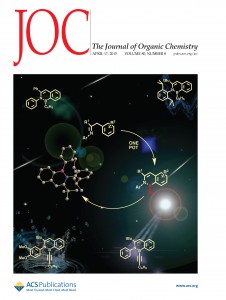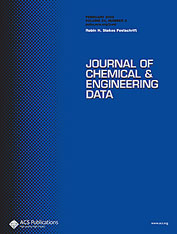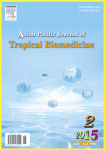 A University of Minnesota former chemistry graduate student has been banned from receiving federal funding for five years based on “a preponderance of the evidence that the Respondent intentionally and knowingly engaged in research misconduct.”
A University of Minnesota former chemistry graduate student has been banned from receiving federal funding for five years based on “a preponderance of the evidence that the Respondent intentionally and knowingly engaged in research misconduct.”
Venkata J. Reddy appears to have manipulated findings in one R01 grant application. In recent years, bans are less common than having research supervised. What’s also unusual is that the sanction appeared to have begun two years ago, in 2013, because it lifts August 26, 2018. The report, which is scheduled to published tomorrow in the Federal Register, says the debarment has a “joint jurisdiction,” suggesting another agency may be involved. [See first update at end of post.]
According to the ORI notice, Reddy “intentionally and knowingly engaged in research misconduct by falsifying and/or fabricating data that was provided to his mentor” for an R01 application to the National Institute of General Medical Sciences (NIGMS). More specifically: Continue reading Misconduct earns researcher a five-year ban on federal funding







